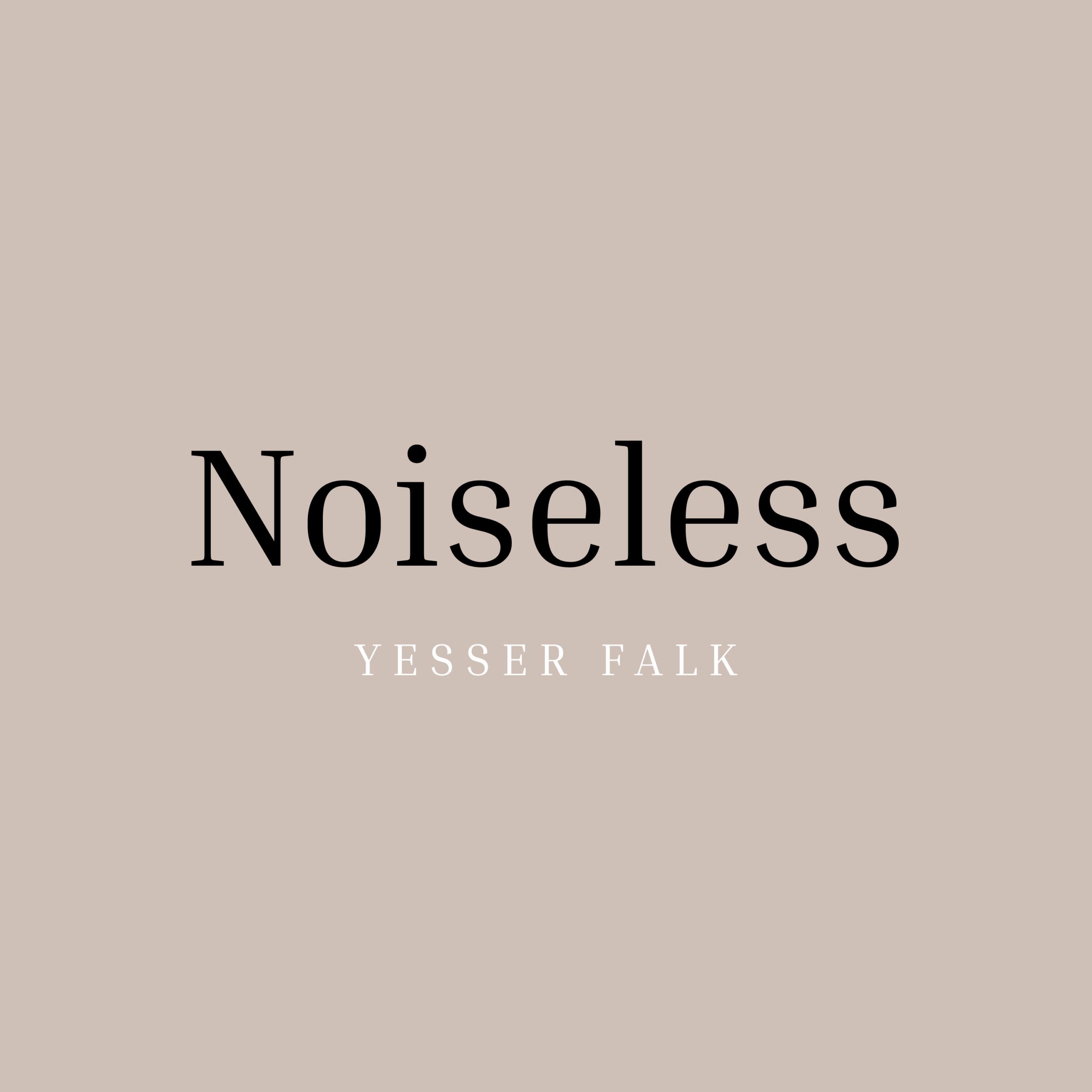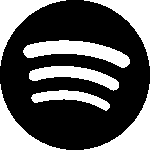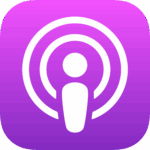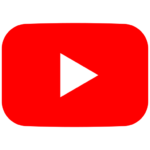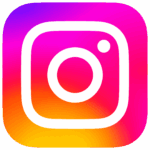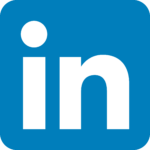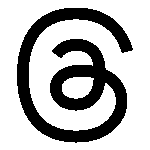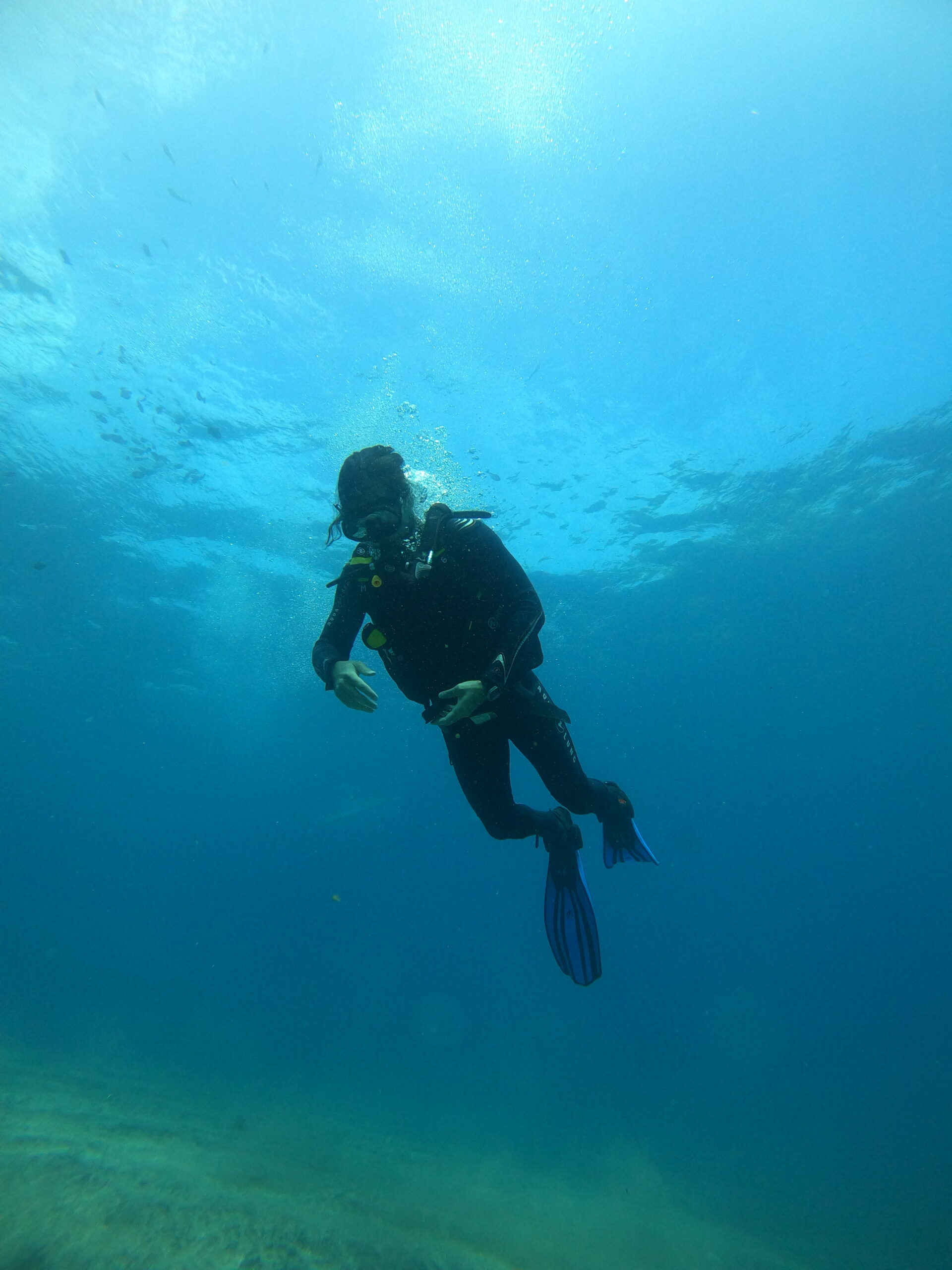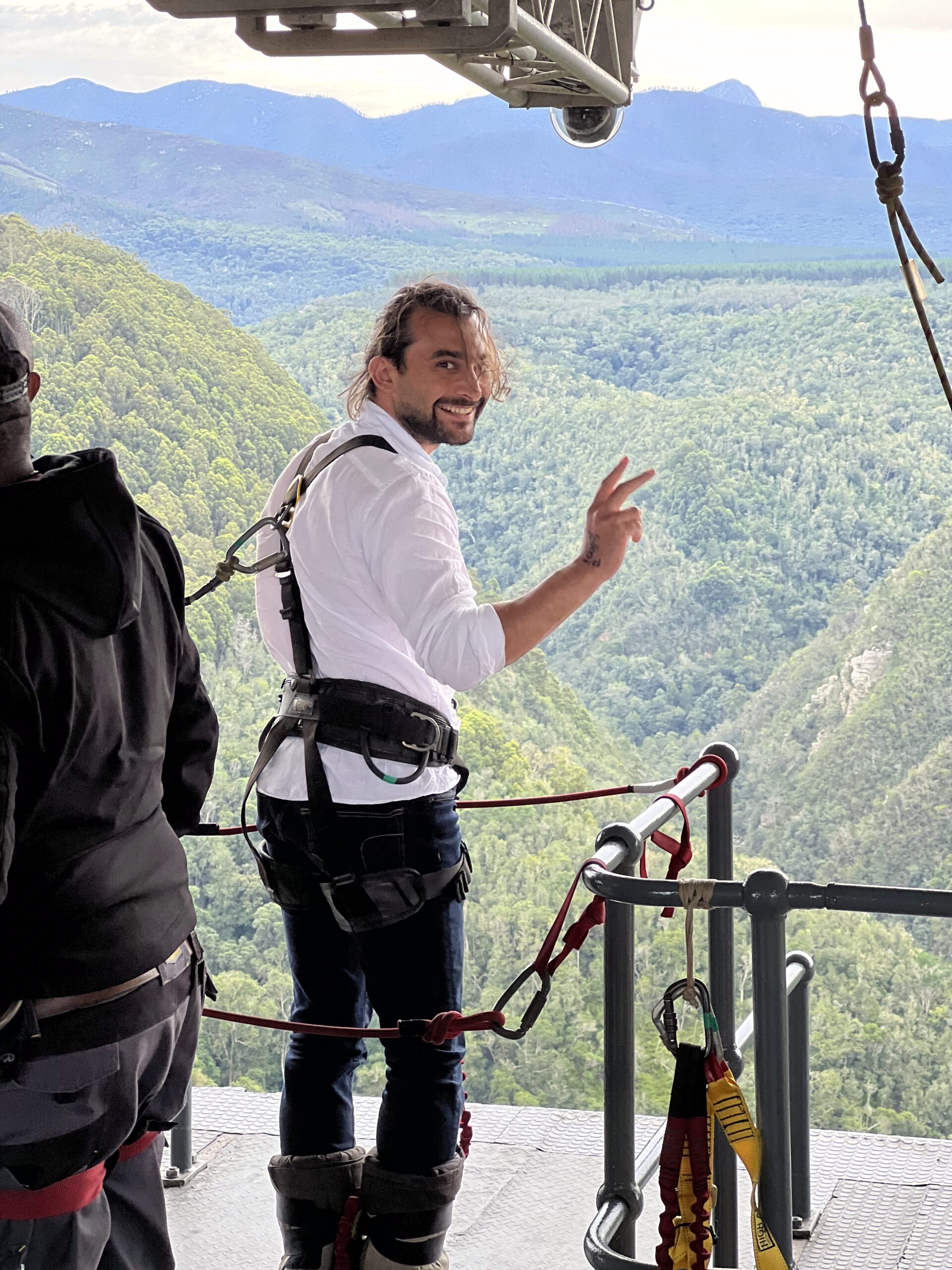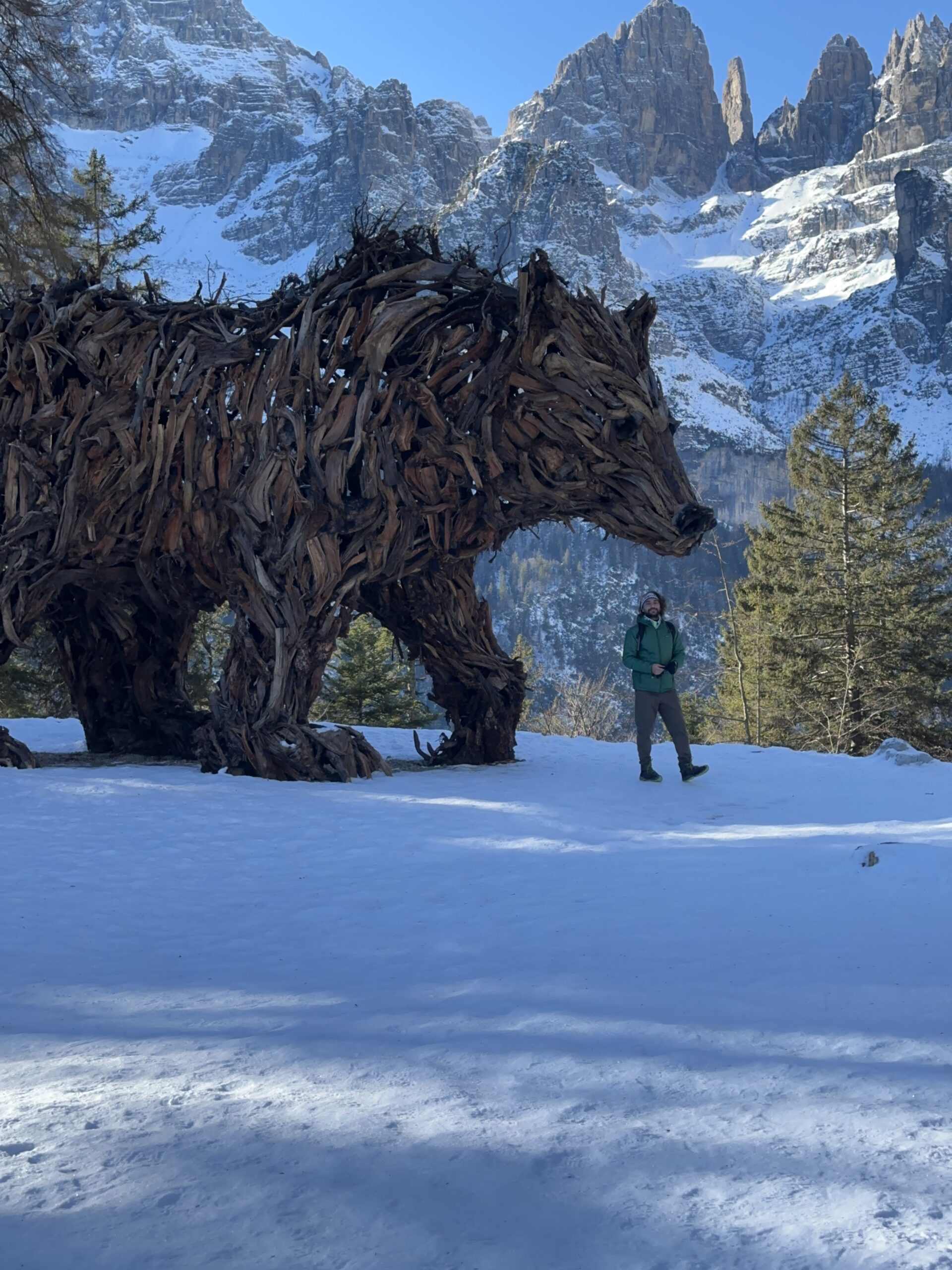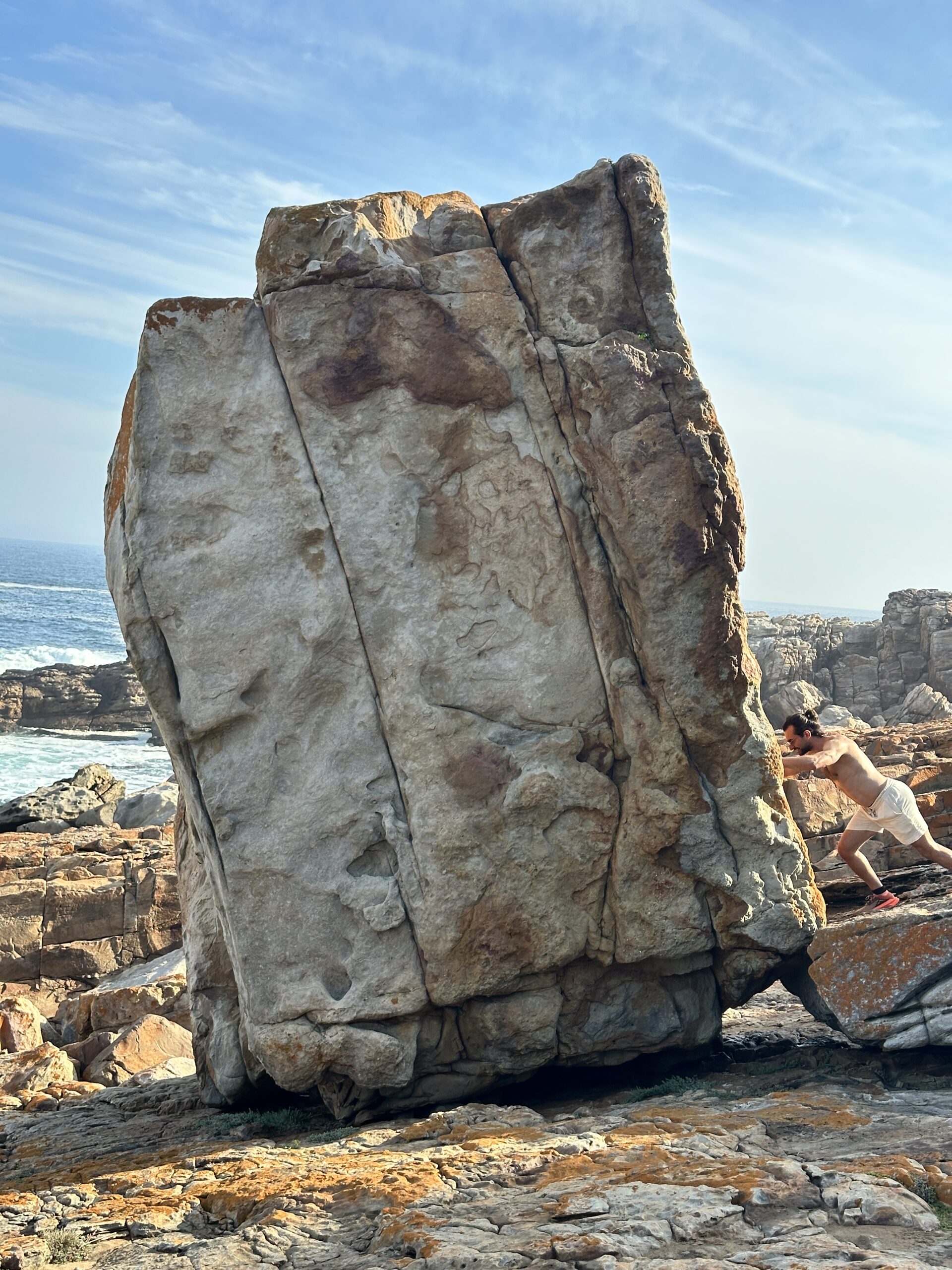Hey 🙂
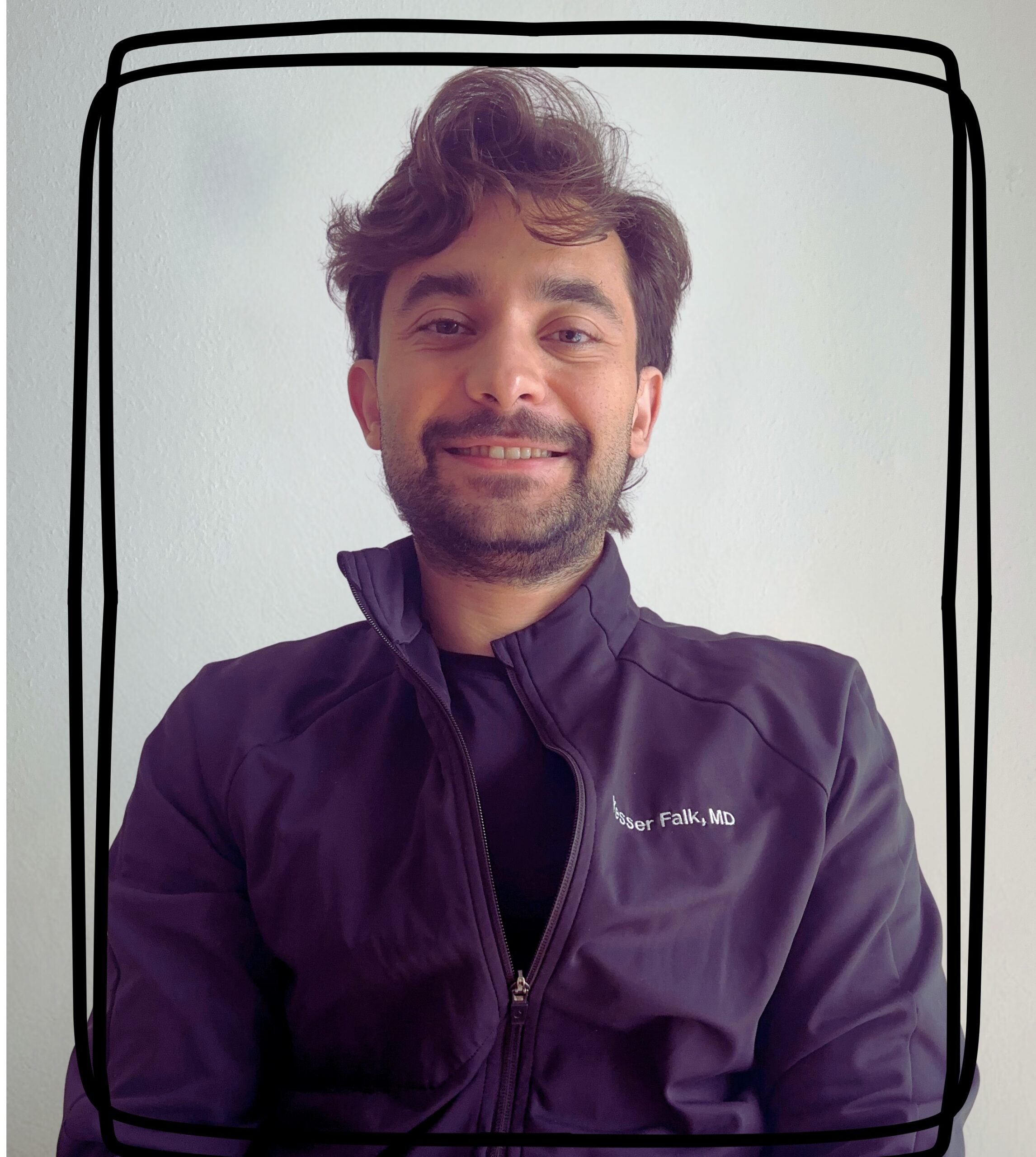
Mein Name ist:
Yesser Falk
I am a doctor specializing in Dermatology.
I love having meaningful conversations with people around me.
Blog
-
The Curse of Social Media
It feels like social media has created a world that is self feeding. People who are successful in terms of followers count on social media are successful because they are feeding the algorithm strategies for people to engage with the social media app. It is why the algorithm favors them and plays their content to […]
I like doing sports such as Body building, Swimming, Hiking, Diving and Running.
Otherwise you can find me in the kitchen 🙂
I also love animals, especially Dogs 🐕.
My favorite philosophers are:
John Stuart Mill
Friedrich von Hayek
Michael Sandel
Milton Friedman.
My favorite authors:
Malcolm Gladwell
Yuval Noah Harari
Atul Gawande
Nassim Taleb
Eric Topol
&
believe it or not
Arnold Schwarzenegger.
My favorit podcasts:
The Diary of a CEO
The Drive with Peter Attia
Huberman Lab
Revisionist History
Hotel Matze.
One of the most influential sentences I have heard:
„There is no there there.“
My favorite quote:
„One day you’re cock of the walk… the next, a feather duster.“
More about me
Education
I completed my medical degree in 2021. I studied at two renowned medical faculties in Germany:
Philipps University in Marburg and Charité – Universitätsmedizin in Berlin, where I graduated in 2021.
During my studies, I received a scholarship from the Friedrich Ebert Foundation, which is awarded to talented and dedicated students. This scholarship meant much more to me than just financial support. What mattered most was the sense of being part of a community that shares similar values. It taught me how to be part of the society, what does it mean to be a citizen, how communication works: what I understand under justice may different to what other people understand under the same word.
At university, I learned a lot about medicine. Through the Friedrich-Ebert Foundation, I learned a great deal about politics, economics, society, communication and also about myself.
Startups
Even during medical school, I wanted to do more than just work clinically. So I started looking into startups. The first medical startup I joined produced subscription-based podcasts for medical students and doctors. Because I really liked the podcasts, I wrote to the founder and asked if I could join as a working student. After a brief phone interview, I started working there.
Just a few months in, I learned my first lesson about startups: a cool product doesn’t necessarily mean the company works well. Soon after, I looked for other medical startups and joined one of the largest telemedicine providers in Europe: a Swedish company that had just started expanding into Germany. They had secured a major round of funding and were building a team for the German market. My job was to build an SEO database for medical content.
There, I learned a lot about power structures in startups, conflicts of interest, and company culture. I also realized how difficult it is to establish a foothold in the German healthcare market.
In the final year of my studies in 2021, I wanted to take on a bigger role and started looking for co-founder or Chief Medical Officer (CMO) positions. I found a small startup that had just received government funding (Berlin Startup Scholarship). We were a three-person team, and I became a co-founder and the CMO. It was a perfect match: we were developing an app for patients with heart disease and planned to get it certified as a Digital Health Application (DiGA).
DiGAs are reimbursed by statutory health insurance. A huge opportunity, as about 90% of Germans are publicly insured (around 74.9 million people as of March 2024). But here’s the problem: DiGA certification is expensive and takes a long time (on average, two years and hundreds of thousands of euros). You have to prove in randomized controlled trials (RCTs) that your app is measurably better than other solutions. These “measurable” outcomes often rely on subjective questionnaires, such as: “How much better do you feel today compared to last week?”
This raises the question of how effective these apps truly are.
In addition, DiGAs are often disproportionately expensive (between €240 and €750 per quarter). What patient would willingly pay at least €80 per month for an app? Many startups with certified DiGAs have gone bankrupt because doctors are reluctant to prescribe them.
Here’s a relevant article from the Harvard Business Review (published in 2020):
https://hbr.org/2020/12/want-to-see-the-future-of-digital-health-tools-look-to-germany
Take a closer look at the title:
“If you want to see the future of digital health tools, look to Germany”
Research and Science
If you’ve read this far, you know I love both medicine and startups. But what about science? I completed a doctoral thesis in public health, where I developed a new method for measuring avoidable deaths: the so-called normative life tables. These tables model the ideal life expectancy for patients with specific diseases and demographic profiles.
For example, a 50-year-old man with COPD in the U.S. should ideally live another 21.01 years. In reality the life expectancy of this patient depends on where he or she lives:
If they live in California or New Jersey their life expectancy is almost identical to the normative (ideal) value. But if they live in Kentucky or Oklahoma their life expectancy drops dramatically.
Why does that matter? Because it allows us to identify gaps in healthcare delivery using relatively simple demographic data. This helps us target improvements without having to invest millions of dollars in research.
Here’s a link to my dissertation:
https://archiv.ub.uni-marburg.de/ubfind/Record/urn:nbn:de:hebis:04-z2023-0363?sid=226329
Lab Experience
During medical school, I worked as a tutor in biochemistry and microbiology. I even had my own lab space in biochemistry. In microbiology, we analyzed and studied bacteria by looking at bacteria under the microscope, doing tests such as coagulase test which is used to identify the presence of the enzyme coagulase. It helps to differentiate between different species of staphylococci, particularly S. aureus.
Future Plans
I want to make complex topics easy to understand and pass on the knowledge of experts and scientific research.
Personal Life and Cultural Background
I was born and raised in Damascus, Syria. I graduated from high school there with one of the top grades in the city at the age of 17.

My great-great-grandfather was an influential physician, entrepreneur, and politician who played a key role in founding the medical faculty at the University of Damascus.
At the age of 19, I applied for a student visa to Germany. In June 2013, my visa was approved, and I moved to Germany. In 2021, I became a German citizen.
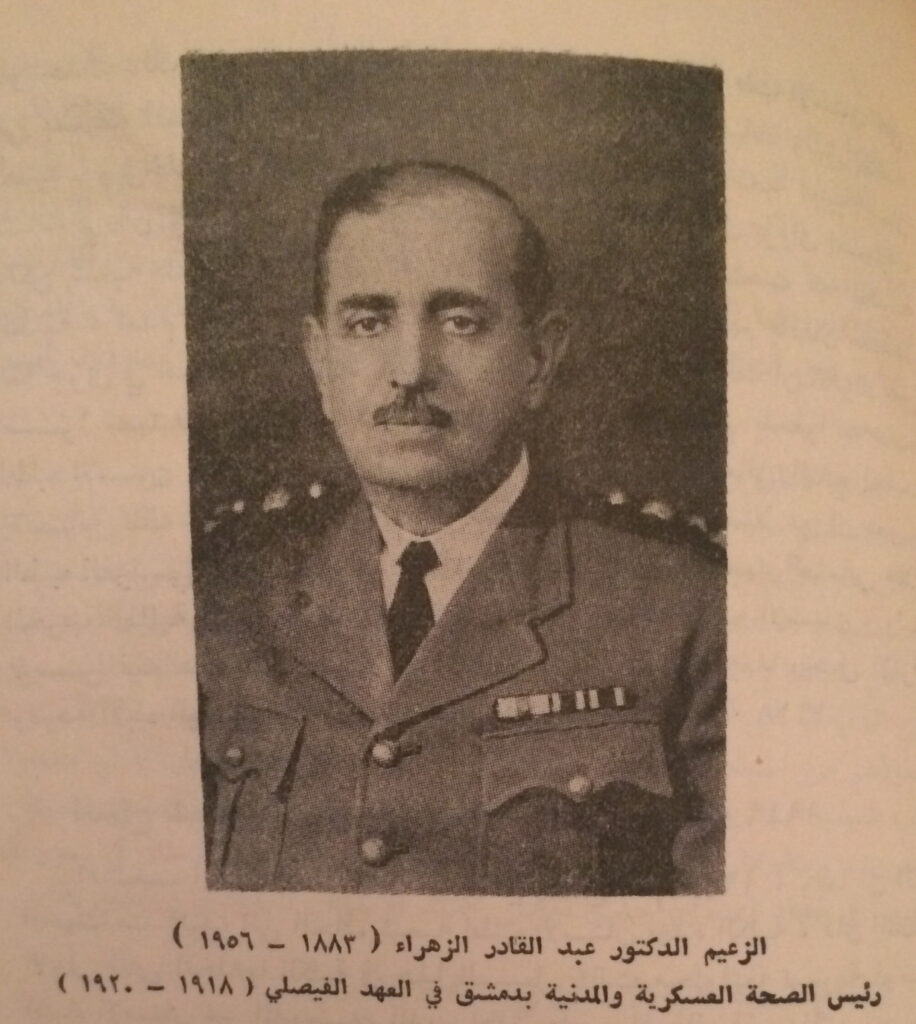
I believe every phase of life has its own story.
In the first chapter of my life, I used to live in Damascus and enjoyed life there.
After moving to Germany, that story of Damascus faded into the background. New story emerged: being a student in a foreign country, learning a new language and culture, making friends, and becoming part of a new society. Over time, this new society no longer felt new, it became part of my identity.
Many people in Germany are just as close to me as my own family.
I was born and raised in Damascus, I became an grown up in Germany. To me, Germany is just as much my home as Syria.
After finishing medical school and starting my career, new questions arose:
What does my soul want from me? What is it that awaits to be accomplished in this world through me?
What is truly me and what is shaped by cultural influence?
These are the kinds of questions I want to explore here and in my podcast.
If you have any questions, feel free to reach out to me anytime at:: info@yesserfalk.com.
